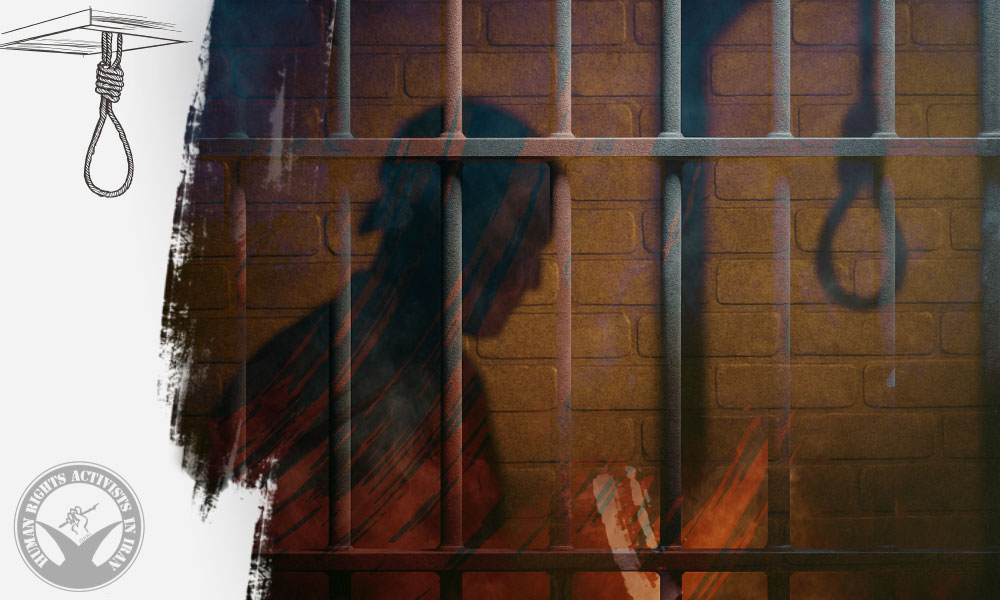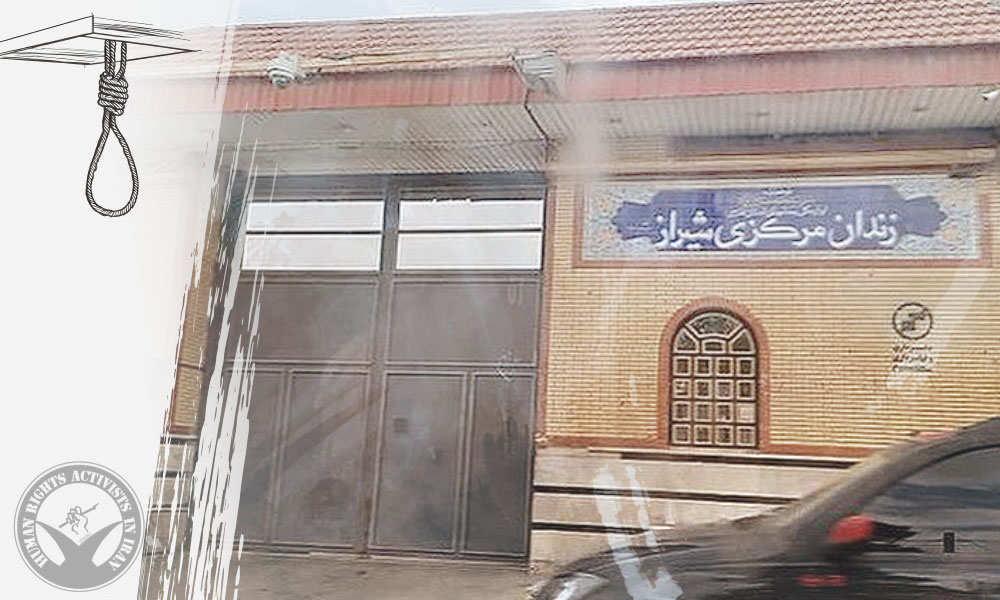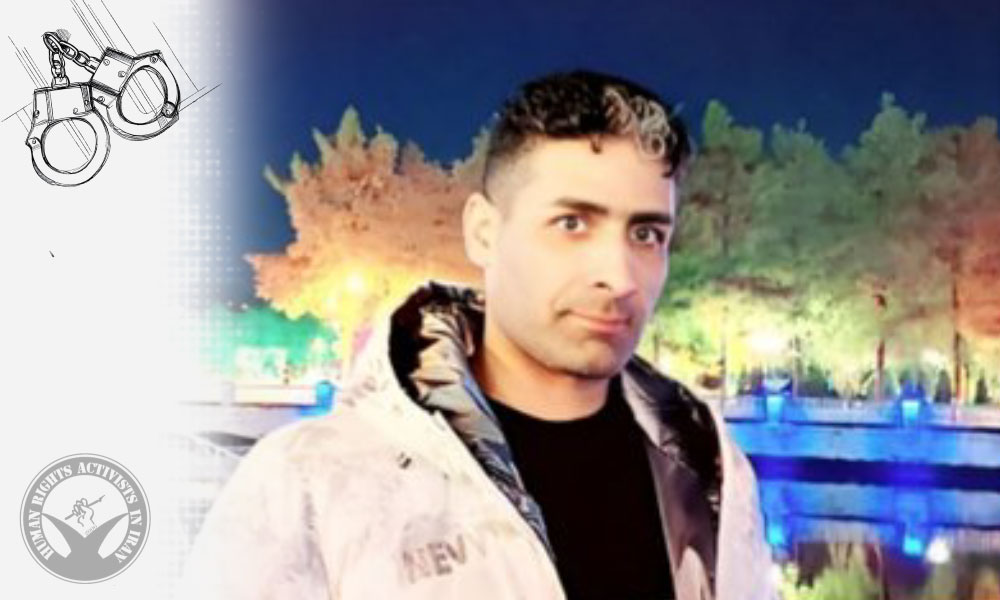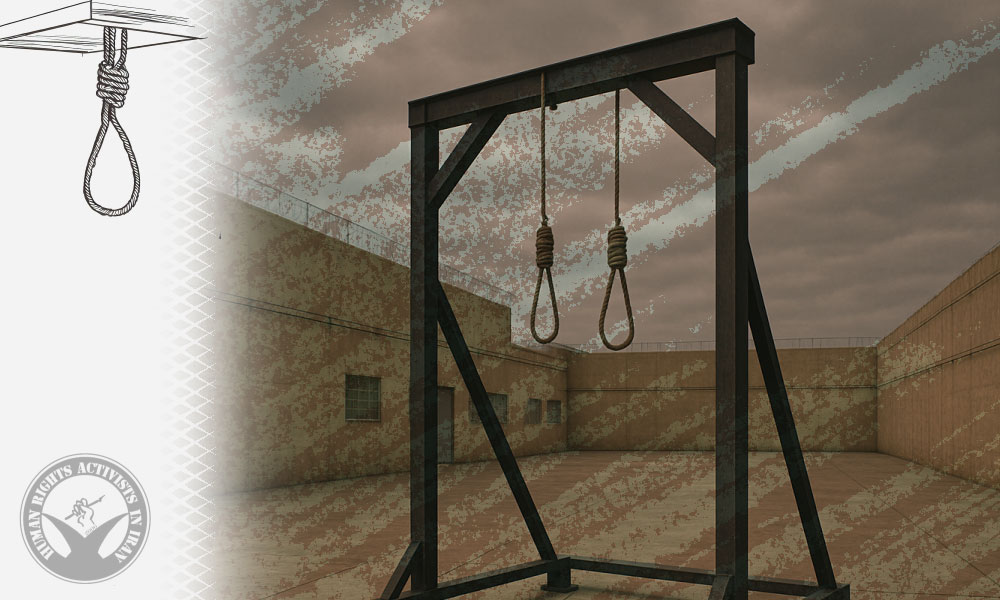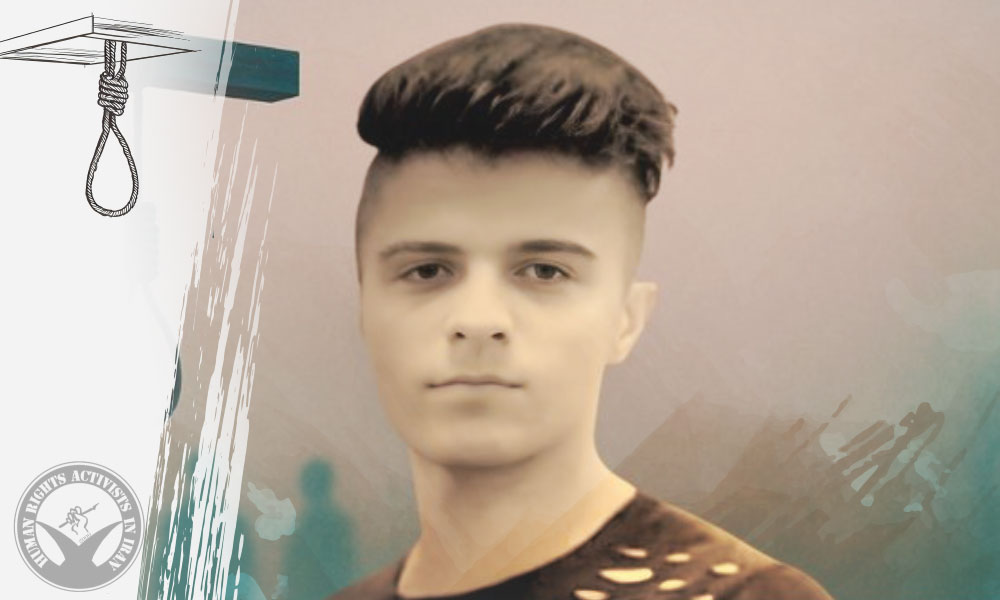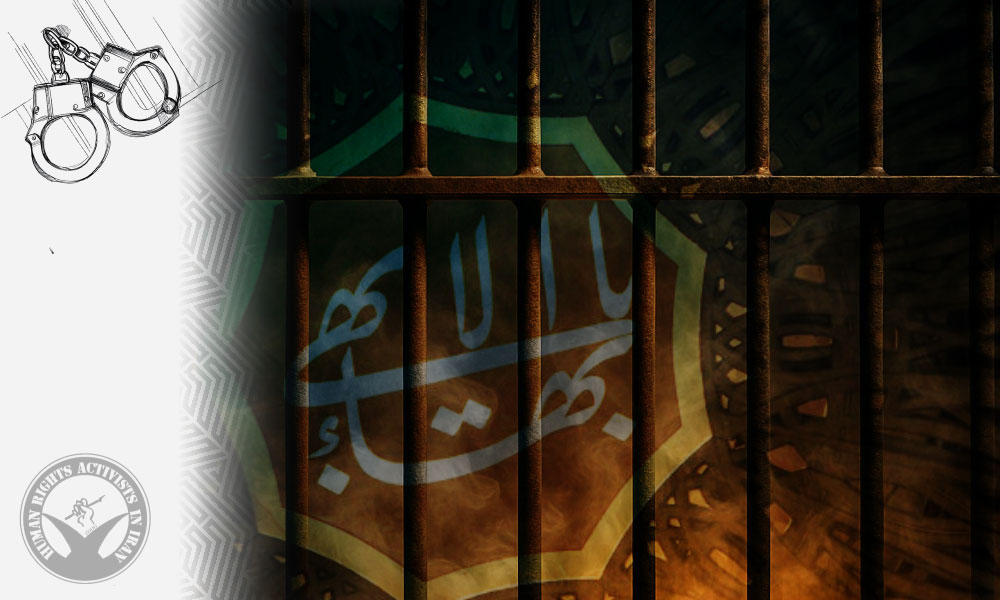HRANA – In a new wave of security and judicial pressure against members of the Baháʼí community in Iran, on Monday, October 20, the homes of at least nine Baháʼí citizens in Tehran, Shiraz, Semnan, Zahedan, and Sari were raided by security forces.
Seven Baháʼí citizens, identified as Fahim Agahi, Matin Agahi, Hengameh Sharifi, Adib Rahmani, Negar Misaghian, Shakib Farzan, and Armaghan Enayati, were arrested.
According to HRANA, security forces carried out coordinated operations targeting Baháʼí citizens across several cities. In addition to the seven arrests, the homes of Saman Eslami in Zahedan and Aruna Kowsari in Tehran were also searched.
Security agents reportedly conducted full searches of the residences, seizing electronic equipment, communication devices, books, and personal belongings. Eyewitnesses said the raids were carried out in an atmosphere of intimidation and fear.
According to HRANA’s earlier report, Negar Misaghian and Mahboob Habibi were transferred to The Ministry of Intelligence’s detention facility (Plaque 100) in Shiraz following their arrest. The location of the other detainees remains unknown.
The reasons for the arrests and the charges against these seven Baháʼí citizens have not yet been disclosed, and HRANA continues to investigate.
Negar Misaghian and Mahboob Habibi have previously faced arrest and judicial harassment for their faith and related activities. Armaghan Enayati and Adib Rahmani were previously expelled from Iranian universities due to their Baháʼí beliefs.
These raids and arrests come amid an ongoing pattern of systematic persecution of Baháʼí citizens across Iran. In recent months, Baháʼís in various cities have faced repeated waves of arrest, property confiscation, business closures, and social exclusion under vague and recurring accusations such as “propaganda against the regime,” “acting against national security,” and “membership in an illegal group.”
Over the past decade, the Iranian Bahá’í community has been disproportionately targeted by Iran’s security forces and judiciary—more than any other minority group. In the past three years, an average of 72 percent of the reports on religious rights violations collected by HRANA have documented the Iranian regime’s repression of the Bahá’í community.



